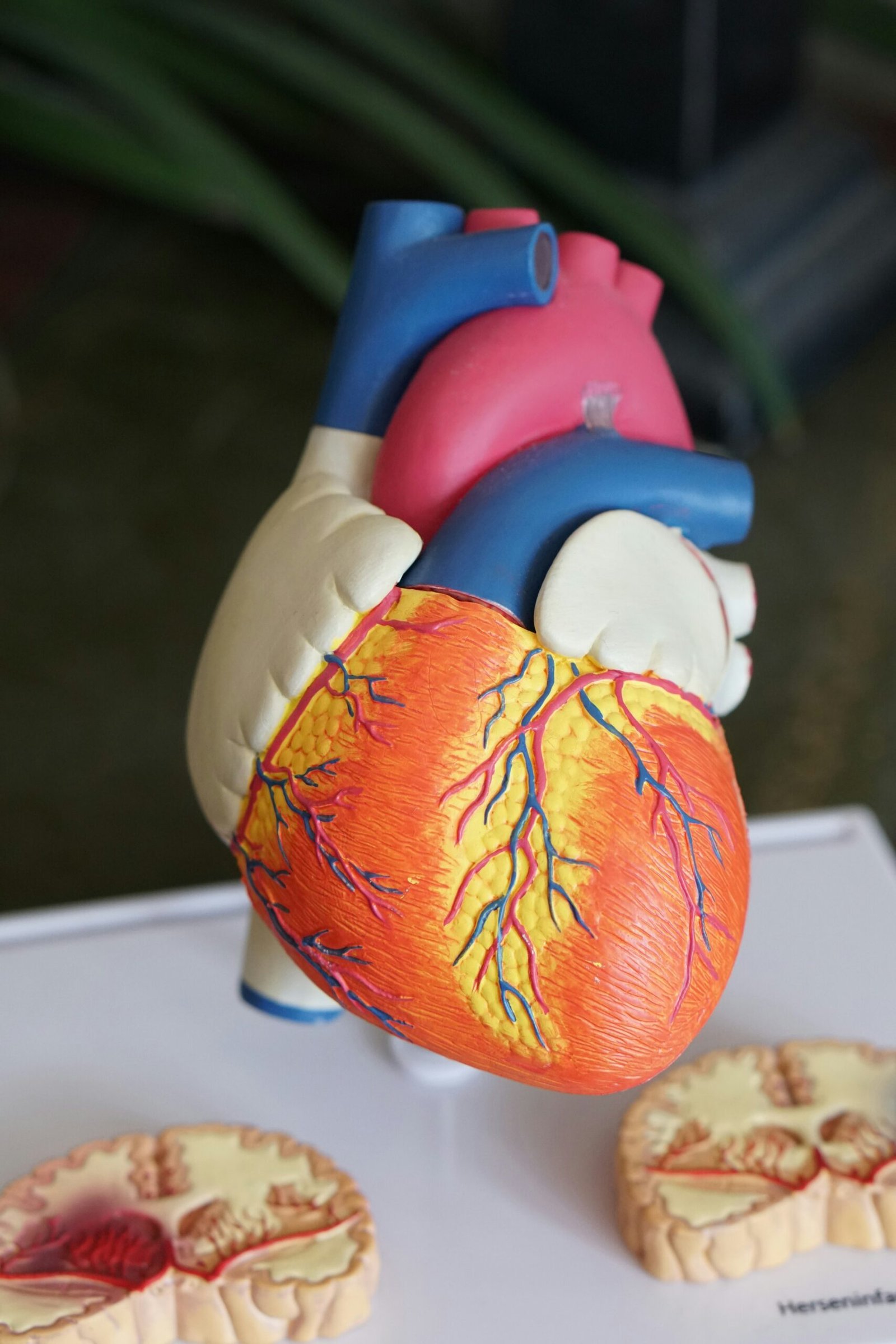
As we age, our bodies undergo a variety of changes, including alterations in our cardiovascular system. Understanding these changes can help us maintain optimal heart health and prevent age-related cardiovascular diseases.
The Aging Heart: A Closer Look
-
Structural Changes:
- Heart Muscle: The heart muscle may thicken and become less flexible, making it harder for the heart to pump blood efficiently.
- Heart Valves: The heart valves may become stiffer and less efficient at preventing blood from flowing backward.
- Electrical System: The heart’s electrical system may become less efficient, leading to irregular heart rhythms.
-
Functional Changes:
- Reduced Heart Rate: The heart’s resting heart rate may decrease slightly with age.
- Decreased Pumping Efficiency: The heart may not be able to pump as much blood as efficiently as it did when younger.
- Increased Risk of Heart Failure: The risk of heart failure increases with age due to the structural and functional changes in the heart.
Aging Blood Vessels: A Vascular Perspective
- Arterial Stiffening: The arteries become less elastic and more rigid, leading to increased blood pressure.
- Atherosclerosis: Plaque buildup in the arteries can narrow the blood vessels and increase the risk of heart attack and stroke.
- Reduced Blood Flow: Decreased blood flow to the organs can lead to various health problems, such as kidney disease and peripheral artery disease.
Common Cardiovascular Conditions Associated with Aging
- High Blood Pressure: A common condition among older adults, high blood pressure can increase the risk of heart attack, stroke, and kidney disease.
- Coronary Artery Disease: The buildup of plaque in the coronary arteries can lead to heart attacks.
- Heart Failure: The heart’s inability to pump enough blood to meet the body’s needs.
- Stroke: Occurs when blood flow to the brain is interrupted.
- Atrial Fibrillation: A common heart rhythm disorder that can increase the risk of stroke.
Tips for Maintaining Heart Health as You Age
- Regular Exercise: Aim for at least 30 minutes of moderate-intensity exercise most days of the week.
- Healthy Diet: Follow a heart-healthy diet rich in fruits, vegetables, whole grains, and lean protein.
- Manage Weight: Maintain a healthy weight to reduce your risk of heart disease.
- Don’t Smoke: Smoking damages the blood vessels and increases the risk of heart disease.
- Manage Stress: Chronic stress can contribute to heart problems. Find healthy ways to manage stress, such as meditation or yoga.
- Regular Checkups: See your doctor regularly for checkups and screenings to monitor your heart health.
By understanding the changes that occur in the heart and blood vessels with age and taking steps to maintain a healthy lifestyle, you can help reduce your risk of cardiovascular problems and enjoy a healthier, longer life.



